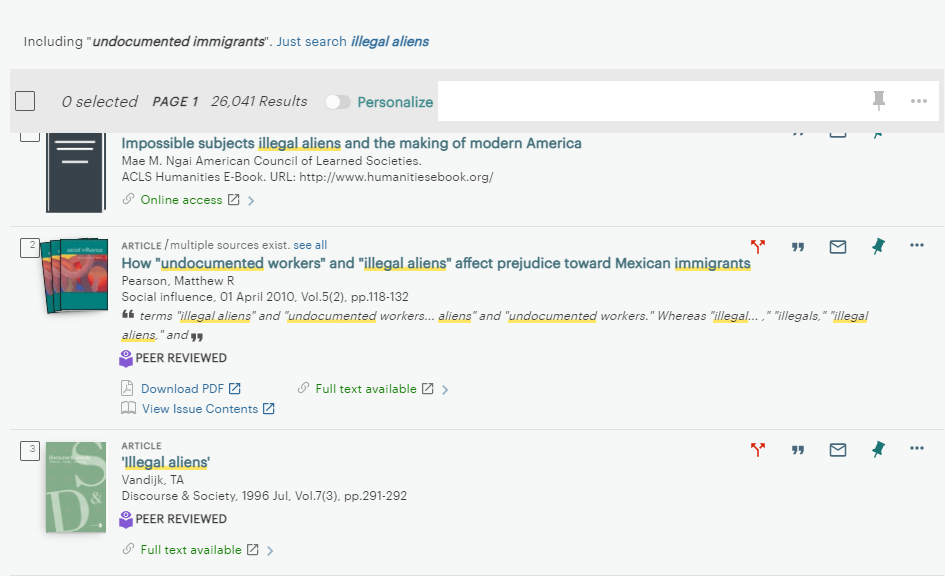I joined the Goldsmiths Library team in January as a Cataloguing Assistant. Immediately I launched – like a leaking ship – into the bewildering new world of pandemic-induced working practices and a screen-shaped sea of colleagues’ miniature (and very lovely) faces. I’ve not set foot on the campus yet (as an employee; I was a shy but adoring English student at the start of the century) but I’m already impressed and excited by the Liberate our Library project, and this remote initiation has allowed me time to research the subject of Critical Librarianship #critlib (those trolleys bursting with uncatalogued books will have to wait, sorry).
Take a break, take a #critcat
In the name of professional development (and in order not to disturb the softly snoring cat on my lap), I took this free Decolonising Education Course on Future Learn, created by the University of Bristol. Through videos, articles and interviews it covered the history, theory and contemporary impact of colonialism in academia, but what I took away as a librarian was the message that decolonisation of the university is an ongoing and evolving process, which needs to be a rooted in the wider community. Even more importantly, it should be a collaborative effort, with input from staff, students and groups outside the university setting. The key message seems to be ‘thinking otherwise: outside of the categories, hierarchies and binaries of coloniality’ in favour of a more relational approach.
Who made the handy-but-boring-and-faintly-perplexing library record for the latest ebook / research paper / thesis / journal article you need anyway? Yes, I know they look like they are the lightly fevered dreams of machines (in many ways, they are) but they’re actually created by nerdy, book-loving, professionally-trained robots like me. And we’re always thinking about you, the reader, and how we can better unite you with the “best” information. The trouble is, we often need your input on what “best” looks like. And of course we need to think about how we can better enrich life in a broader ‘social justice’ sense too.
Results of a keyword search for ‘illegal aliens’ on Library Search
It’s too easy for ‘insiders’ not to notice how biased the system is. The 2019 documentary Changing the Subject highlighted the embedded racism and ‘othering’ in Library of Congress Subject Headings (many libraries around the world use these, including Goldsmiths). Students at Dartmouth College, with the support of their librarians, took their objections to ‘anti-immigrant’ language in their catalogue (specifically, the term ‘illegal aliens’) to the US policymakers and were met with a mixture of political assent and resistance.
But the appetite for progressive change only increases. And in libraries, everyday aspects of our work are falling under an ethical spotlight, including our cataloguing practices, for which there’s a new ‘code’. Through a critical approach to librarianship, we can consider how we can better represent a broader range of communities in the library’s collections, underpin the diversification of knowledge production at the university – sorry, pluriversity – and how far we might be able to achieve decolonisation of our library catalogue. One way we’re beginning to do this at Goldsmiths is with our Liberate! Zines collection.
But to really succeed in our project of liberation and decolonisation, we need your help. Current students or staff might like to join one of our Resistance Researching workshops to incorporate this critical approach into your own research, or suggest material for our LiberateMyDegree collection. And of course, if any person (non-robot) should notice anything offensive on our catalogue, while you’re looking for that book, please email us. Your library needs you!
So yes, there are already benefits arising from this time of great uncertainty and change. Time to reflect on how what we could do better is always valuable, but it feels like librarians and library users at are at an important crossroads together right now; one that dovetails with the burgeoning academic (and wider social) movement towards decolonisation. Ever heard of Critical Cataloguing #critcat before? Didn’t think so. But perhaps it’s not as irrelevant as you think, after all.
Written by Karen Smith, Cataloguing Assistant


Leave a Reply